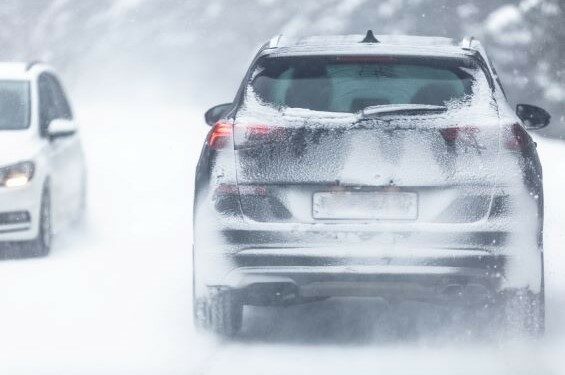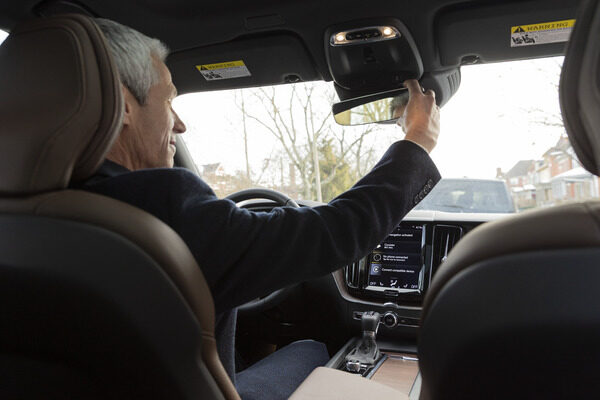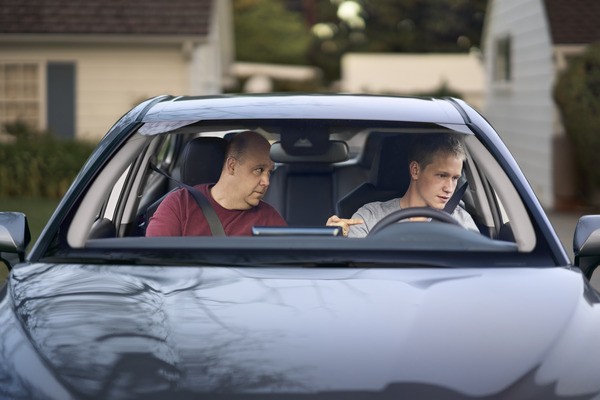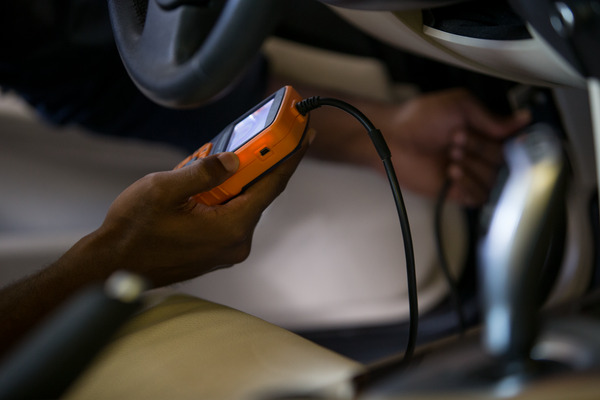How to Clean a Chimney
Cleaning your chimney is essential for the safety of your home, as it can help prevent dangerous chimney...
Read more about How to Clean a ChimneyGet the latest how-tos, articles and tips for your car, home, finances and all of the things that matter most.

Cleaning your chimney is essential for the safety of your home, as it can help prevent dangerous chimney...
Read more about How to Clean a Chimney
The first winter storm of the year brought heavy snow, strong winds and record-low temperatures to much of...
Read more about Safety Tips for Driving in the Snow
Schools, playgrounds and childcare facilities are full of energy and fun — and they’re also full of kids’...
Read more about How to Prevent the Spread of Kids’ Germs
Summer fun is about enjoying celebrations and time outdoors with activities like swimming, grilling out, going to parades...
Read more about Firework Safety Tips
Driving on the highway for the first time can be nerve-racking, which is why it’s common for new...
Read more about Highway Driving Tips for Teens
Grain bin entrapments continue to pose very serious dangers to farm workers across rural America. New USDA data...
Read more about How to Prevent the Spread of Kids’ Germs
Homeownership today is more complex than ever before. Aging homes, increased electrical demand, and more frequent extreme weather...
Read more about How to Prevent the Spread of Kids’ Germs
Just three days before the Super Bowl LX clash between the New England Patriots and the Seattle Seahawks,...
Read more about How to Prevent the Spread of Kids’ Germs
One minute you’re driving your car and everything seems fine, and the next moment you hear a strange...
Read more about 12 Common Car Noises and What They Mean
Shopping has evolved dramatically over the past several decades, providing consumers with more choice and convenience whether they...
Read more about Online Shopping vs. In-Store Shopping: Pros and Cons
For many families, game night is a big tradition. It can be a great way to make memories...
Read more about 20 Fun Family Game Night Ideas
It’s one of the worst things that can happen to a driver. You turn the key in your...
Read more about Why Your Car Won’t Start
To understand whether you have a bad alternator or a bad battery, you need to understand how a...
Read more about Signs of a Bad Alternator or Battery
Have you ever found yourself on a long drive, glancing nervously at the gas gauge as it sits...
Read more about Why Did My Gas Gauge Stop Working?
Knowing what your car dashboard symbols mean is extremely important. This guide breaks down the most common dashboard...
Read more about 15 Common Car Dashboard Symbols
Even though the fence is an often-overlooked aspect of a home, it serves a variety of useful purposes....
Read more about How to Build a Fence in 8 Steps
As temperatures decrease in the winter, the water temperature in your pipes can plummet as well. This can...
Read more about What to Do if Your Pipes Freeze
Whether you’re planning a cross-country trip or just a quick weekend getaway, here are some road trips to...
Read more about Road Trip Tips: 9 Ways to Help You Thrive While You Drive
Despite their relatively easy operation, cars are actually very complex machines. Cars need fuel to operate, but what...
Read more about How Do Car Engines Work?
Cleaning can be a hassle and time-consuming, but the end result — a clean house — is definitely...
Read more about 13 Efficient Housecleaning Tips